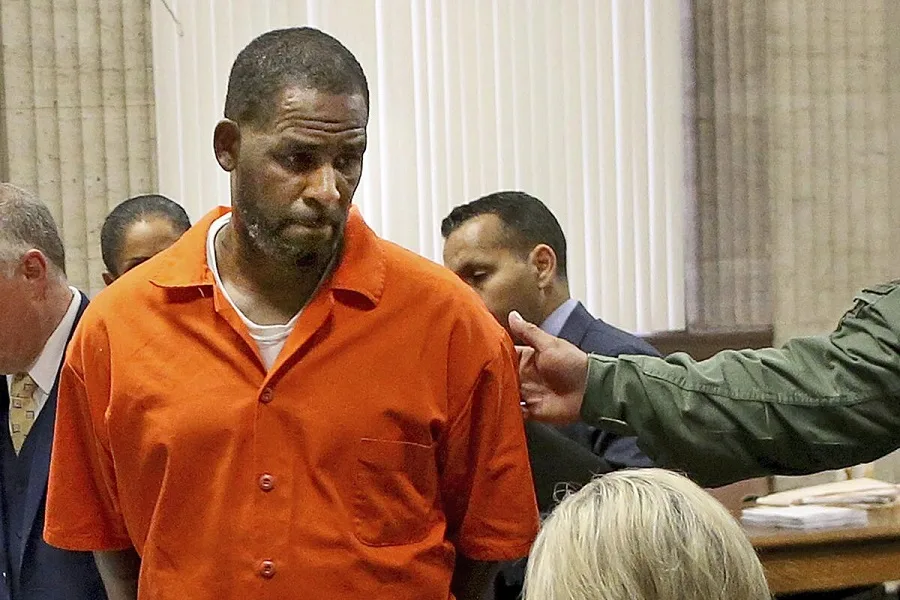R. Kelly’s legal battle took a darker turn this week, as a federal judge denied his emergency motion for prison release amid alarming allegations of a murder plot and medical negligence. The disgraced R&B singer is currently serving a 30-year sentence for sex crimes and racketeering at a North Carolina federal penitentiary.
Kelly’s legal team claimed that federal officials solicited a terminally ill inmate to kill him in exchange for early release. His attorney, Beau Brindley, argued that this was retaliation after Kelly attempted to expose violations of attorney-client privilege, including intercepted legal mail. Judge Martha Pacold, however, dismissed the motion, stating that her court had no jurisdiction since Kelly is incarcerated outside her district.
The emergency motion, filed June 10, described a chilling series of events. After submitting his claim, Kelly was allegedly placed in solitary confinement and given a dangerously high dose of medication. Days later, he was rushed to Duke University Hospital, where doctors diagnosed blood clots in his legs and lungs requiring immediate surgery. Brindley says officials removed Kelly from the hospital against medical advice and returned him to prison, where his life remains in jeopardy.
Brindley insists the threat is “more serious than ever,” citing untreated pulmonary conditions that could prove fatal without surgical intervention. Meanwhile, prosecutors have rejected the claims as self-serving and unfounded, accusing Kelly of using the legal system for attention.
At 58, R. Kelly faces both legal and medical crises as his team prepares to file a motion to vacate his convictions based on what they call “newly discovered evidence.” The controversy continues to raise urgent questions about inmate safety, medical care, and judicial accountability in high-profile federal cases.


